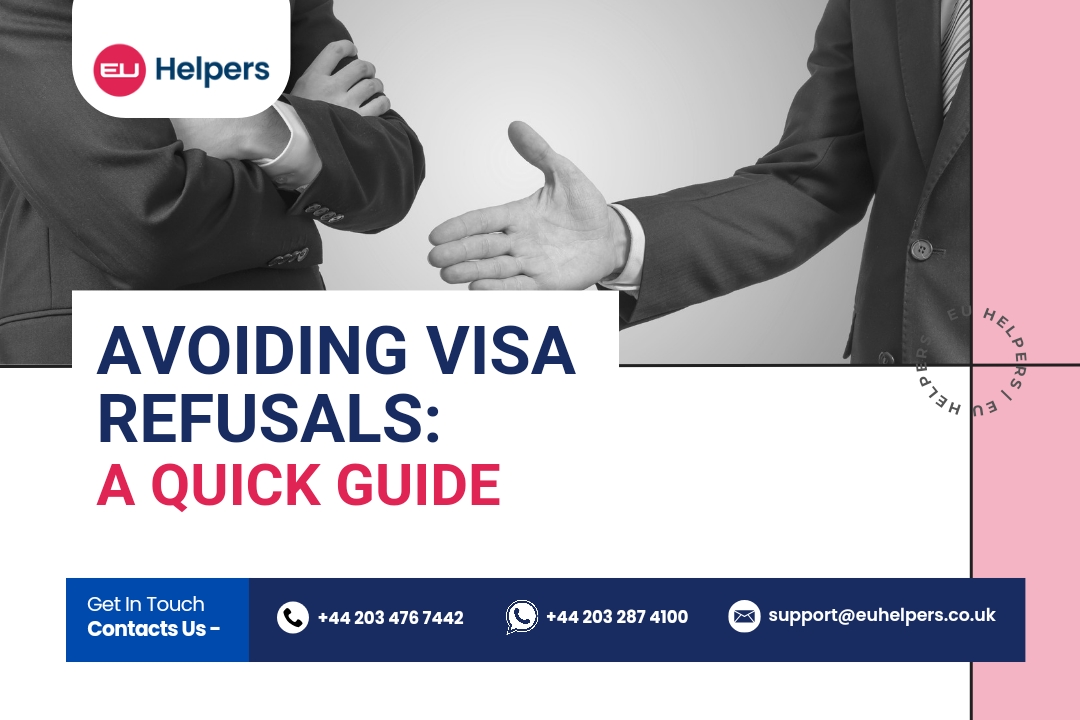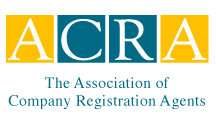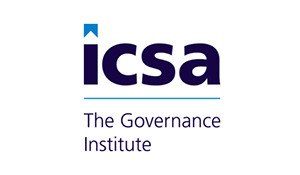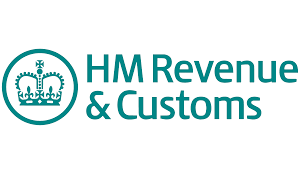Unveiling the Veil: Understanding Visa Refusals and Their Diverse Causes
Visa refusals are a complex issue that can have various reasons behind them. These refusals can be disheartening for applicants who have invested time and resources in the application process. In this essay, we will explore some of the common reasons for visa refusals, shedding light on the intricacies of the decision-making process.
1. Ineligibility or Non-Compliance with Criteria
One of the most prevalent reasons for visa refusals is the failure to meet the eligibility criteria. Each country has its own set of requirements that applicants must satisfy. This could include financial stability, a valid reason for travel, a clean criminal record, and adequate ties to their home country. Failure to demonstrate any of these factors can result in a visa refusal.
2. Deficient or Flawed Documentation
Inaccurate or incomplete documentation is another leading cause of visa rejections. Visa officers rely heavily on the information provided by applicants to make their decisions. Any missing or false information can raise concerns about an applicant's credibility and intentions. It is crucial for applicants to ensure that all required documents are submitted accurately.
3. Lack of Adequate Financial Backing
Insufficient financial support is a common cause of visa refusals. Many countries require applicants to prove they have enough funds to cover their expenses during their stay. If an applicant fails to provide convincing evidence of financial stability, their visa application may be denied. This is particularly relevant for student and tourist visas, where the applicant's financial means are closely scrutinized.
4. Absence of Strong Home Country Connections
Lack of ties to the home country is a significant concern for visa officers. They want to be certain that applicants will return to their home country after their authorized stay. If an applicant cannot demonstrate strong ties, such as a stable job, property ownership, or family, it can cast doubt on their intentions. Visa officers may fear that the applicant has no intention of returning, leading to a refusal.
5. Insufficient travel arrangements
Inadequate travel plans and purposes are also a cause for visa refusals. Applicants need to provide a clear and credible reason for their intended travel. If the purpose of the trip is not well-defined or is deemed suspicious, it can lead to a refusal. Visa officers need to be convinced that the applicant's intentions are genuine.
6. Safety or Security Issues
Security concerns are a serious reason for visa denials. If an applicant has a criminal record, a history of immigration violations, or is on a security watchlist, their visa application is likely to be denied. Governments prioritize the safety and security of their citizens, and any potential threat can result in a refusal.
7. Insufficient Confirmation of Lodging and Travel Plans
Another reason for visa refusals is inadequate proof of accommodation and travel arrangements. Visa officers need to know where the applicant will stay and how they plan to get there. If this information is missing or seems unreliable, it can lead to a refusal. Applicants must provide concrete details about their travel plans.
8. Poor Assessment of Applicant's Interview Conduct
Poor interview performance can also be a decisive factor. In some cases, applicants are required to attend an interview as part of the visa application process. If the applicant fails to answer questions satisfactorily or appears nervous, it can negatively impact their application. Effective communication is crucial during these interviews.
It is important to note that visa decisions are made by immigration officers who are trained to assess the totality of an applicant's circumstances. They weigh multiple factors, including the applicant's background, intent, and documentation. The decision-making process is not solely based on one factor but rather on a comprehensive evaluation.
In conclusion, visa refusals can occur for a variety of reasons, and they often result from a combination of factors. It is crucial for applicants to thoroughly understand the eligibility requirements and ensure that their application is complete and accurate. Demonstrating strong ties to the home country, financial stability, and a clear and genuine purpose for travel are essential in increasing the chances of visa approval. By addressing these common reasons for visa refusals, applicants can navigate the process more effectively and increase their likelihood of a successful application.
For a smoother visa application process and to avoid the pitfalls of refusals, it's wise to seek guidance from experienced consultants of EU helpers. These experts are well-versed in the intricate requirements and can provide invaluable assistance, ensuring that your documentation is complete and accurate. Their insights can enhance your chances of a successful visa application, helping you navigate the complexities of the process with confidence. Don't leave your visa application to chance; consult EU helpers for a smoother journey towards your travel and immigration goals.








